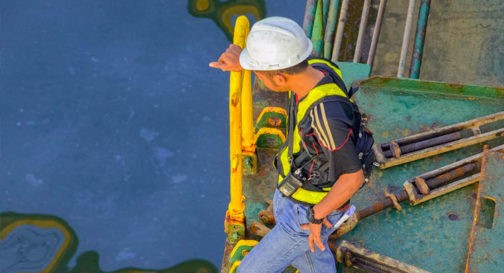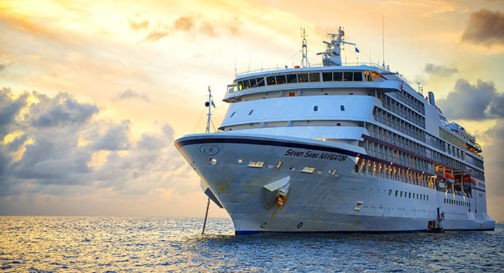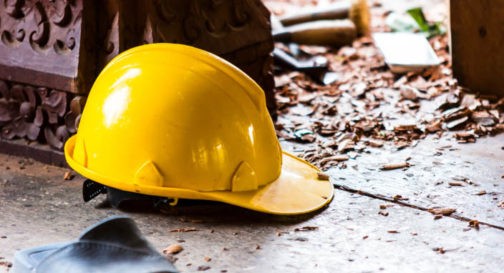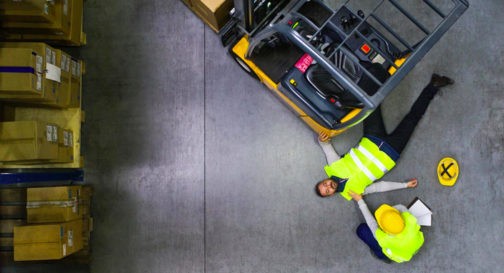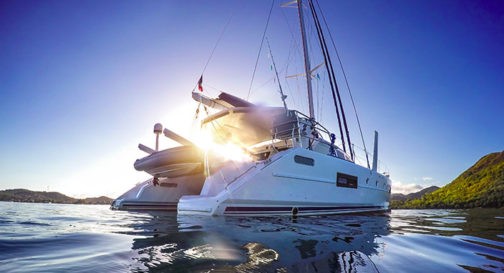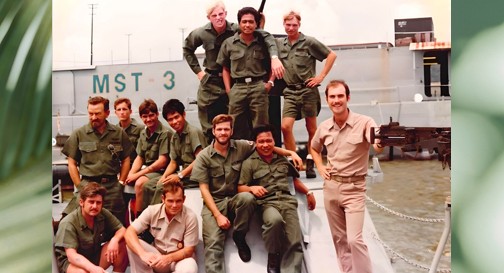A Guide to Maritime Law Enforcement in the US
June 24, 2022
While maritime law often deals with civil matters between private parties, it also includes laws and regulations that parties who operate on navigable waters are expected to follow or otherwise be subject to criminal penalties, such as fines, asset forfeiture, or even prison time. You may have many questions about how maritime law enforcement in the U.S. works. Who is responsible for conducting maritime law enforcement? What are some of the laws that maritime law enforcement deals with? Where does maritime law enforcement apply? If you find yourself in a situation involving maritime law enforcement, an experienced maritime law attorney can provide you with the answers you need to your questions and can go over your legal rights and options.
Who Performs Maritime Law Enforcement in the US?
In the United States, maritime law enforcement is primarily performed by the U.S. Coast Guard. The Coast Guard is responsible for enforcing federal regulations governing the safe operation of ships in U.S. waters. Coast Guard personnel have the authority to stop and in many cases to board vessels to ensure compliance with maritime law. In addition to the Coast Guard, other federal agencies may also perform law enforcement duties in the maritime context. These include the U.S. Drug Enforcement Agency, U.S. Customs and Border Patrol, and the U.S. Navy.
Finally, states may also enforce certain state and local laws that may be applicable in navigable waters, such as local no-wake zones or state laws prohibiting intoxicated operation of a watercraft. These laws might be enforced by state police or even by local law enforcement.
What Does Maritime Law Enforcement Cover?
Some important aspects of maritime law enforcement include:
- Enforcement of drug laws
- Immigration enforcement
- Enforcement of navigational rules, including the rights of foreign vessels to access territorial waters
- Enforcement of vessel safety and seaworthiness regulations, as well as crew training and certification
- Protection of a country’s exclusive economic zone and the right to regulate the exploitation of natural resources within the zone
- Enforcement of anti-pollution and dumping regulations
- Enforcement of other criminal laws, including criminal offenses that take place aboard the nation’s flagged vessels or vessels owned (in whole or in part) by the nation’s citizens, or other maritime crimes such as piracy or mutiny
While certain kinds of maritime law enforcement might only result in fines or seizure of a vessel or other property, violating other laws may result in perpetrators facing prison time.
Important Maritime Laws
Some of the most important federal statutes for maritime law enforcement include:
- 33 U.S.C. ch. 2 through ch. 5 – Navigation rules at sea, for harbors, rivers, inland waters, and the Great Lakes
- The Piracy Act of 1819
- The Ocean Dumping Act, which regulates the dumping or spillage of hazardous chemicals from vessels
- The Clean Water Act, which regulates the discharge of pollutants from vessels whether through accidents or regular operations
- The Maritime Drug Law Enforcement Act, which permits the interdiction and seizure of vessels engaged in drug trafficking
- The Drug Trafficking Vessel Interdiction Act, which prohibits travel in unregistered submersibles with the intent to avoid detections
- 46 U.S.C. Subtitle VII – Security and drug enforcement
In addition, the U.S. has either incorporated into domestic law or otherwise enforces rules and standards under international maritime law, including in conventions and treaties such as:
- The International Convention for the Safety of Life at Sea (SOLAS), which imposes safety standards for construction, equipment, and operation of vessel
- The International Convention for the Prevention of Pollution from Ships (MARPOL)
- International Regulations for Preventing Collisions at Sea (COLREGs)
Does Maritime Law Enforcement Apply to Vessels from Other Countries?
Maritime law enforcement is not limited only to vessels owned and operated by U.S. citizens, nationals, and permanent residents. Any foreign-flagged vessel that enters U.S. territorial waters will become subject to U.S. maritime laws. Federal agencies will have the authority to enforce U.S. laws against foreign vessels.
However, using force in the course of maritime law enforcement can become complicated when foreign vessels are involved. Under international law, the use of force against a foreign-flagged vessel may be categorized as a law enforcement operation depending on the circumstances of a situation. But use of force against a sovereign vessel (such as a vessel in the service of another country’s armed forces or a vessel owned by a foreign government) will almost always be considered a military act since countries cannot, under international law, exercise jurisdiction over sovereign vessels.
Can Maritime Law Enforcement Occur in International Waters?
While no one country has jurisdiction over international waters, including waters outside a country’s territorial waters or its exclusive economic zone, the United Nations Convention on the Law of the Sea allows countries to adopt “special maritime and territorial jurisdiction” clauses that allows them to exert law enforcement jurisdiction in limited circumstances.
For example, if a citizen of a country committed a crime and attempted to flee the country in a vessel operating under another country’s flag, the first country may exert such “special maritime and territorial jurisdiction” to stop the vessel in international waters and remove its citizen. In addition, if a vessel unlawfully operate on international waters without being registered to any country, the vessel may be subject to a boarding and law enforcement action by a military or law enforcement vessel of any country upon suspicion of illegal activities (such as human trafficking).
Contact The Law Offices of Preston Easley for a Free Consultation to Talk to a Maritime Law Attorney from Our Firm to Get the Answers You Need for Your Questions
If you have more questions about how maritime law enforcement works in the U.S., contact The Law Offices of Preston Easley today for a free, no-obligation case review to have an experienced maritime lawyer from our firm provide you with the information you need to understand your rights and obligations under admiralty law.


